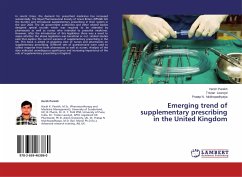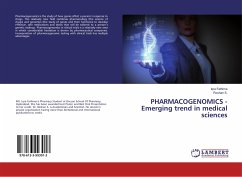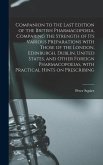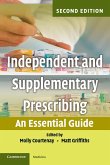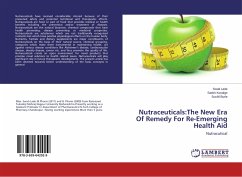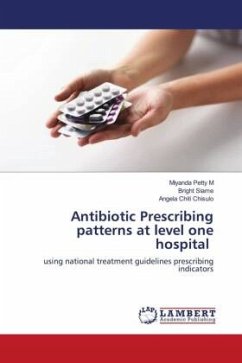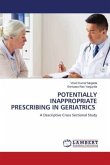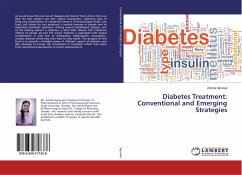In recent times, the demand for prescribed medicines has increased substantially. The Royal Pharmaceutical Society of Great Britain (RPSGB) felt the burden and introduced supplementary prescribing in their system in the year 2003. The UK government authorities and other related bodies designed special courses which was required to be attended by pharmacists as well as nurses who intended to prescribe medicines. However, after the introduction of this legislation there was a need to assess whether the above legislation was beneficial or not. Limited studies exist that explore the current scenario of supplementary prescribing in the UK. This book is aimed at analyzing view of nurses and pharmacists on supplementary prescribing. Different sets of questionnaire were used to collect response from both pharmacists as well as nurses. Analysis of the data indicated unambiguous significance and increasing importance of the role of supplementary prescribing in England.
Bitte wählen Sie Ihr Anliegen aus.
Rechnungen
Retourenschein anfordern
Bestellstatus
Storno

